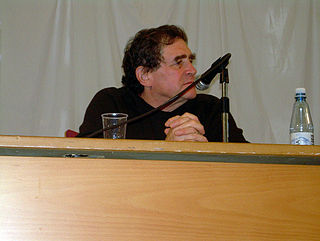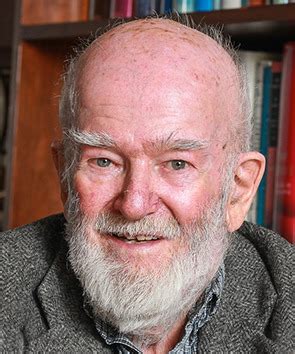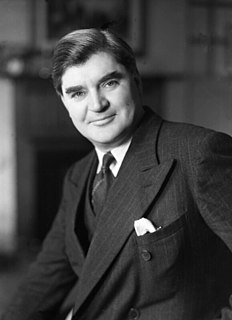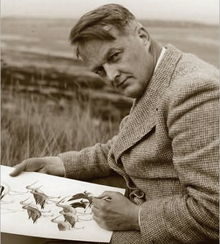A Quote by Augustus
If we could survive without a wife, citizens of Rome, all of us would do without that nuisance.
Related Quotes
All of us humans have myriad other species to thank. Without them, we couldn't exist. It's that simple, and we can't afford to ignore them, anymore than I can afford to neglect my precious wife--nor the sweet mother Earth that births and holds us all. Without us, Earth will abide and endure; without her, however, we could not even be.
There was nothing else to do but call upon the Creator, praying, begging, pleading, bargaining—anything to make him protect Xavier. I couldn’t have him ripped away from me like that. I could survive emotional turmoil; I could survive the most intense physical torture. I could survive Armageddon and holy fire raining down upon the earth, but I could not survive without him.
[The] events by which the fate of nations is not materially changed, leave a faint impression on the page of history, and the patience of the reader would be exhausted by the repetition of the same hostilities [between Rome and Persia], undertaken without cause, prosecuted without glory, and terminated without effect.
Muscles without strength, friendship without trust, opinion without risk, change without aesthetics, age without values, food without nourishment, power without fairness, facts without rigor, degrees without erudition, militarism without fortitude, progress without civilization, complication without depth, fluency without content; these are the sins to remember.
There is no enemy can hurt us but by our own hands. Satan could not hurt us, if our own corruption betrayed us not. Afflictions cannot hurt us without our own impatience. Temptations cannot hurt us, without our own yieldance. Death could not hurt us, without the sting of our own sins. Sins could not hurt us, without our own impenitence.
He was a foe without hate; a friend without treachery; a soldier without cruelty; a victor without oppression, and a victim without murmuring. He was a public officer without vices; a private citizen without wrong; a neighbor without reproach; a Christian without hypocrisy, and a man without guile. He was a Caesar, without his ambition; Frederick, without his tyranny; Napoleon, without his selfishness, and Washington, without his reward.
Rome tolerated every abominable practice, embraced every foul idea in the name of freedom and the rights of the common man. Citizens no longer carried on deviant behavior in private, but pridefully displayed it in public. It was those with moral values who could no longer freely walk in a public park without having to witness a revolting display. What happened to the public censors who protected the majority of citizenry from moral decadence? Did freedom have to mean abolishing common decency? Did freedom mean anyone could do anything they wanted anytime they wanted, without consequences?





































